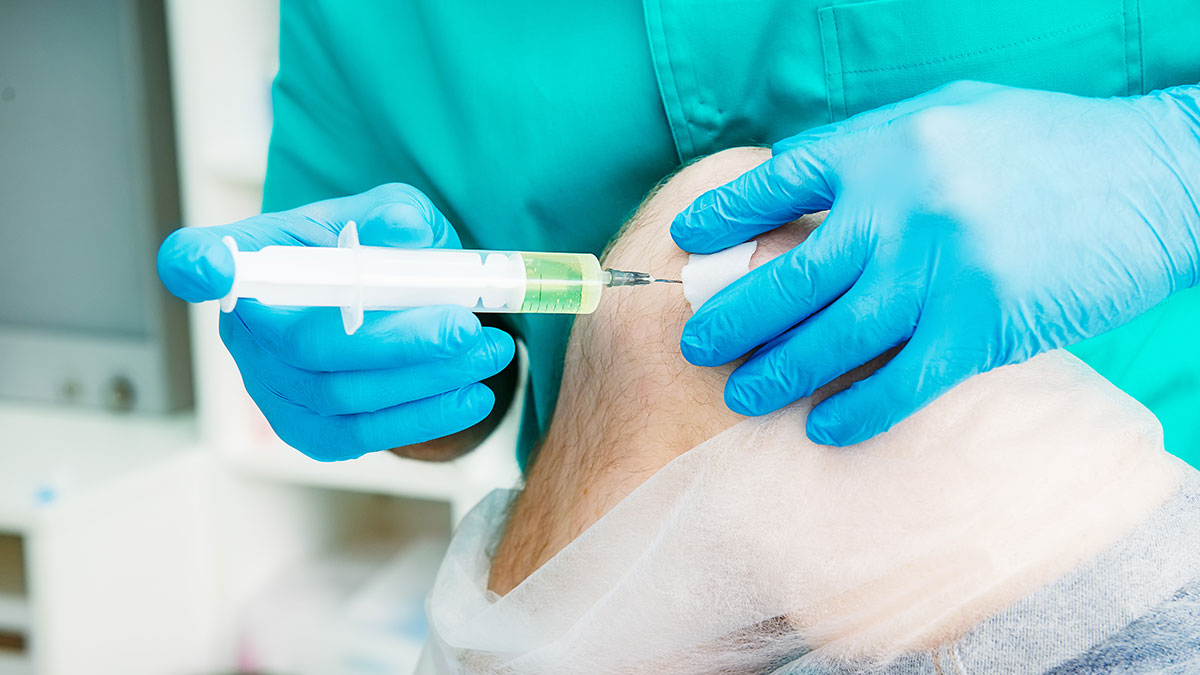
The expected outcome and success rates for these interventional pain procedures can vary based on the patient's condition, the type of procedure performed, and the severity of the knee pain. However, many patients experience significant pain relief and improvement in function after undergoing these procedures.
For example, knee joint injections, genicular nerve blocks have been shown to provide relief for up to several months in some patients, while PRP can provide regeneration of the knee structures and pain relief for months and years. Radiofrequency ablation can provide long-term pain relief for patients with chronic knee pain, and arthroscopy can provide significant relief for patients with certain knee injuries or damage.
In addition to the benefits listed above, interventional pain procedures for knee pain can also help to improve mobility and quality of life for individuals with chronic knee pain. Chronic knee pain can significantly limit an individual's ability to perform daily activities, such as walking, standing, and climbing stairs. Interventional pain procedures can improve function by reducing pain and allowing individuals to resume their normal activities.
Interventional pain procedures can also be used as part of a comprehensive pain management plan that includes other therapies such as physical therapy, exercise, and weight loss. When used with these therapies, interventional pain procedures can provide additional pain relief and improve overall outcomes.
Another benefit of interventional pain procedures is that most insurance plans, including Medicare, typically cover them. This means that individuals experiencing chronic knee pain can receive the necessary treatment without incurring significant out-of-pocket expenses.
Finally, interventional pain procedures can improve the quality of life for individuals with chronic knee pain by reducing the need for ongoing medication use and reducing the impact of pain on daily activities. By providing pain relief and improving function, interventional pain procedures can allow individuals to return to work, hobbies, and other activities they may have had to give up due to pain.
It is important to note that while interventional pain procedures can be an effective treatment option for chronic knee pain, they are not a cure for the underlying condition causing the pain. Individuals who undergo these procedures will still need to engage in ongoing therapies and lifestyle modifications to manage their pain and improve their overall health and well-being.
It is also important to note that not all patients with knee pain are candidates for interventional pain procedures. Patients with certain medical conditions or taking certain medications may not be eligible for these procedures. Additionally, some procedures may be more effective than others for certain types of pain or underlying conditions.
In addition, patients should understand that interventional pain procedures are typically not a one-time cure for chronic knee pain. Most patients will require ongoing treatments, such as repeat injections or other procedures, to relieve pain and improve function.
Overall, interventional pain procedures can be valuable in managing chronic knee pain. Patients experiencing knee pain and who have not responded to other treatments should discuss the potential benefits of interventional pain procedures with their physician to determine if this treatment option is appropriate.
With the proper care and attention, many patients can experience significant pain relief and improved quality of life with interventional pain procedures.